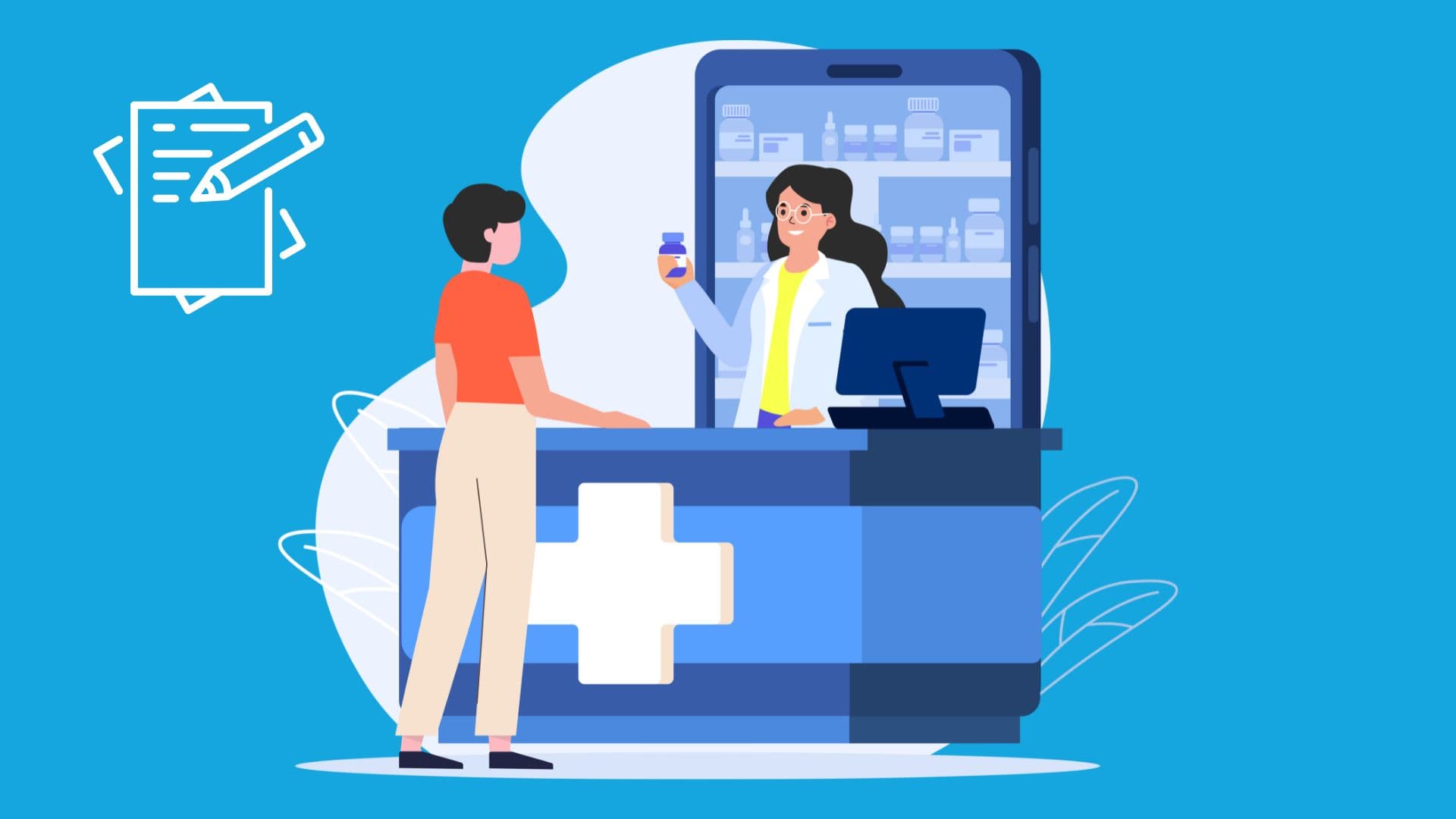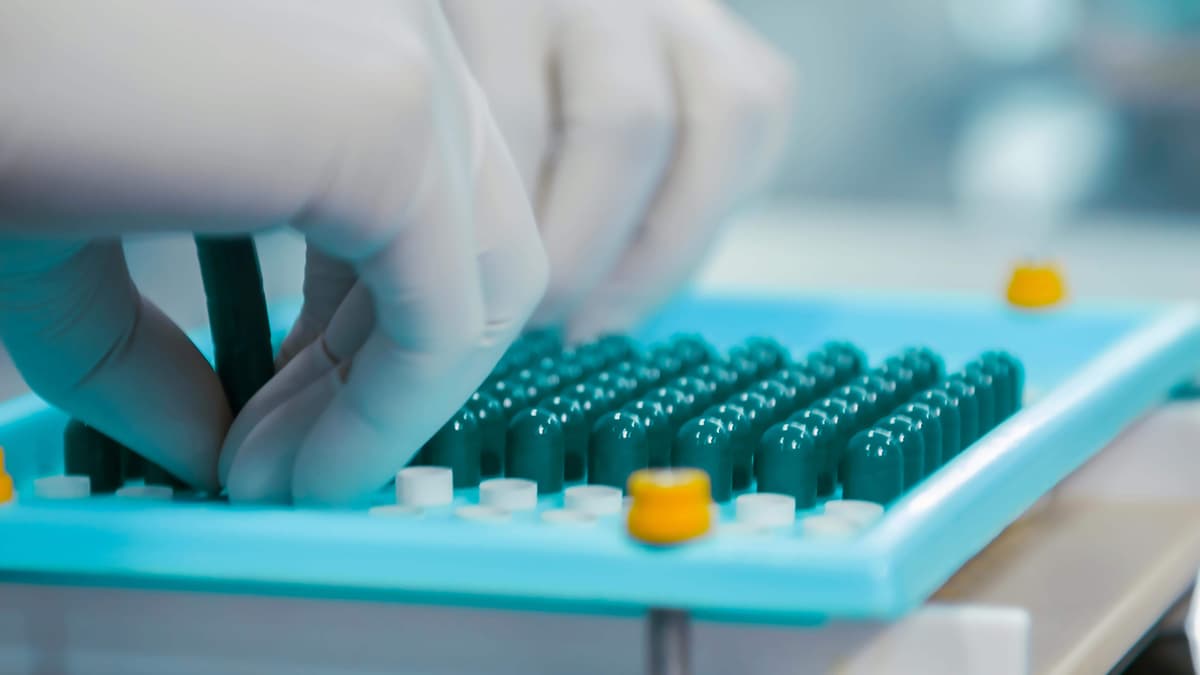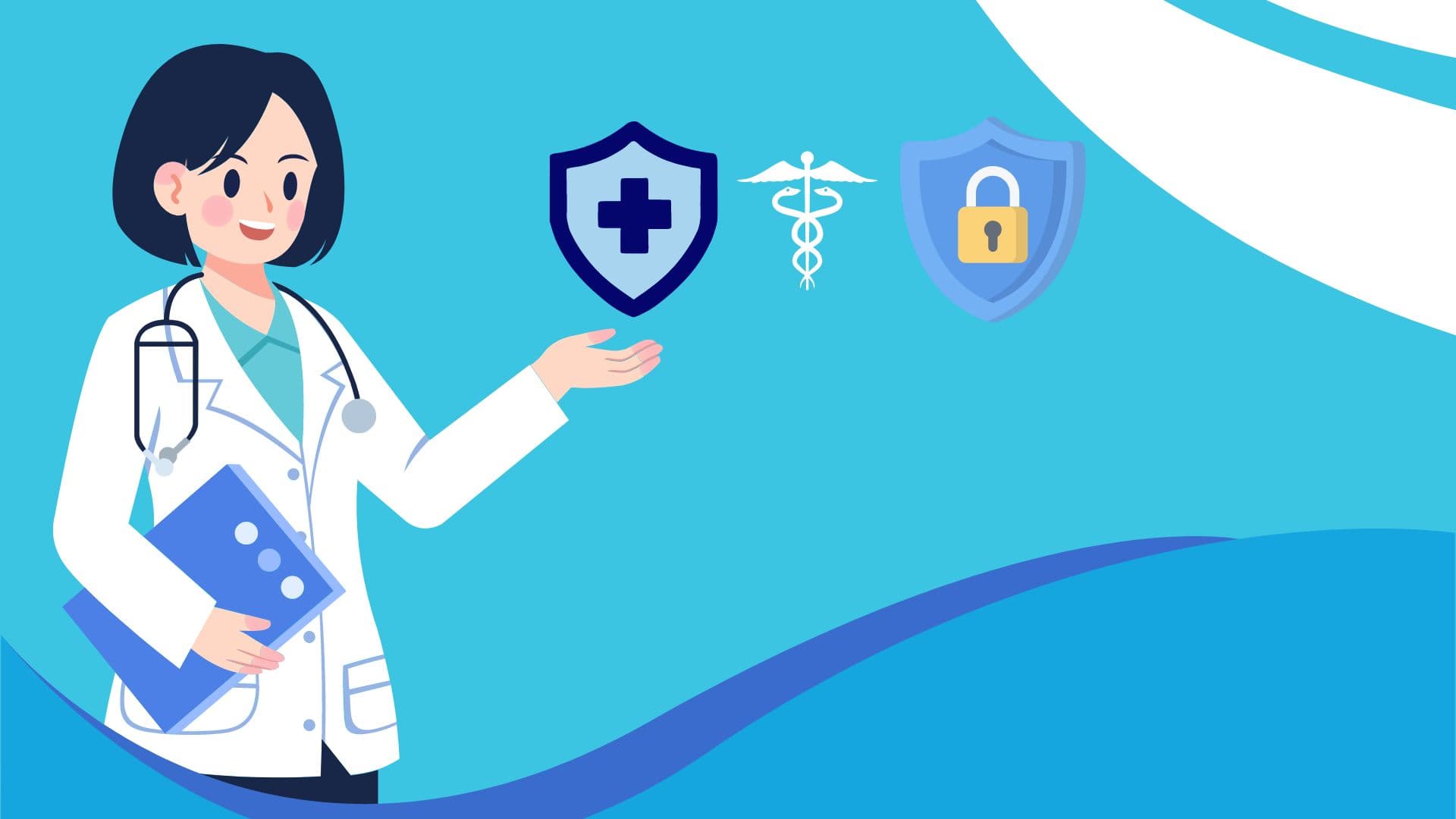
The ExCPT (Exam for the Certification of Pharmacy Technicians) is a national certification exam that pharmacy technicians can take to earn their CPhT (Certified Pharmacy Technician) credentials. Certification is essential for technicians who want to demonstrate their proficiency to work in a pharmacy setting. This post will provide you with everything you need to know about the ExCPT exam, from its content to how you can prepare.
The ExCPT is one of the two main certification exams for pharmacy technicians in the U.S. It is administered by the National Healthcareer Association (NHA) and serves as an alternative to the PTCE (Pharmacy Technician Certification Exam). Both exams certify individuals to become licensed as pharmacy technicians, but they have slight differences. Here’s a quick comparison:
The ExCPT exam covers essential areas of pharmacy practice, including pharmacology, medication dispensing, and pharmacy law. These core topics test the knowledge and skills necessary for a pharmacy technician to perform effectively in various work settings. The exam is composed of 100 multiple-choice questions, requiring candidates to demonstrate their proficiency in these key areas. Candidates are given 2 hours to complete the exam, ensuring that there is enough time to carefully consider each question while maintaining a steady pace.

The ExCPT, administered by the National Healthcareer Association (NHA), highlights pharmacy law, drug dispensing, and operational procedures. The pass rate for the ExCPT is roughly 63%.
On the other hand, the PTCE, managed by the Pharmacy Technician Certification Board (PTCB), emphasizes patient safety, federal regulations, and pharmacy practice. It’s the more established of the two and costs $129. The PTCE exam format includes 90 multiple-choice questions, and the pass rate is around 70%.
In terms of eligibility, the PTCE has more rigorous requirements, including a specific training program or work experience. In contrast, the ExCPT is a bit more flexible, allowing candidates to apply with a broader range of experiences. Both certifications are valid for two years and require continuing education for renewal.
Both certifications are highly regarded in the field, though the PTCE is more commonly recognized in hospitals and larger pharmacy chains, while the ExCPT is also accepted by a variety of employers. Deciding between the two depends on individual career goals, geographic location, and specific employer preferences.
Section | Weight % | Topics Covered |
|---|---|---|
Regulations & Laws | 25% | Legal standards, safety regulations, HIPAA |
Dispensing Process | 55% | Prescription handling, labeling, and verification |
Drugs and Therapy | 20% | Pharmacy, drug interactions, classifications. |
The ExCPT exam is broken down into three primary content areas:
This section focuses on the critical legal and regulatory responsibilities of pharmacy technicians, ensuring they operate within the bounds of state and federal laws. Topics include understanding the legal standards for handling controlled substances, the responsibilities tied to drug enforcement regulations, and maintaining compliance with healthcare safety standards. Additionally, this section emphasizes the roles and limitations of a pharmacy technician’s scope of practice, ensuring that technicians are familiar with professional guidelines and can identify when tasks need to be escalated to a pharmacist. This knowledge ensures that the pharmacy operates in a manner that prioritizes patient safety and regulatory adherence.
The largest portion of the ExCPT, this section evaluates a candidate’s understanding of the prescription dispensing process. This includes everything from the initial intake of prescriptions to the proper verification, preparation, and delivery of medication to patients. Technicians must be proficient in calculating dosages, managing unit doses, and correctly handling both sterile and non-sterile products. Additionally, this section covers key pharmacy operations like compounding, labeling, repackaging, and using technology systems to ensure accuracy. Knowledge of safety protocols such as double-checking prescriptions and maintaining records is critical to preventing errors. Given its weight in the exam, mastery of this section is essential for passing the ExCPT.
In this section, pharmacy technicians are tested on their understanding of pharmacology, including drug classifications, mechanisms of action, therapeutic uses, and potential side effects. They must be able to differentiate between brand and generic names, understand dosage forms and routes of administration, and recognize how drugs interact with each other. In addition to commonly prescribed medications, knowledge of immunization schedules and vaccine handling is important. By having a thorough understanding of these concepts, technicians help to prevent adverse drug interactions and ensure the medications dispensed will achieve the desired therapeutic outcomes for patients.
The ExCPT exam lasts 2 hours and consists of 100 multiple-choice questions that assess a candidate’s knowledge in three key areas: regulations and laws (25%), the dispensing process (55%), and drugs and drug therapy (20%).
The difficulty of the ExCPT exam depends on each candidate’s level of preparation and experience. It covers key areas such as pharmacy operations, legal requirements, and drug classifications. Candidates who thoroughly study these topics generally find themselves better equipped for the test. Some may find the emphasis on dispensing processes and medication safety particularly challenging. The ExCPT is moderately challenging based on the pass rate. Study guides and practice tests can help improve performance.
The ExCPT exam is scored on a scale of 200 to 500, with 390 being the minimum passing score. Scores are calculated based on the number of correct answers, but the difficulty level of each question is also factored in, meaning more challenging questions may carry greater weight. Candidates receive immediate pass/fail feedback after completing the exam.

The ExCPT pass rate has hovered around 63% in recent years. In 2023, 63% of test-takers passed the exam, showing that while the exam is passable, it does require thorough preparation to succeed.
Effective preparation for the ExCPT exam involves reviewing the core content areas: pharmacy laws, the dispensing process, and pharmacology. Utilizing study guides, official exam prep materials, and pharmacy technician textbooks is key. It’s also beneficial to complete practice tests to familiarize yourself with the format and pinpoint areas that need improvement.
Most candidates dedicate about 4 to 8 weeks to studying, with consistent daily sessions of 1 to 2 hours. This time frame allows for a thorough understanding of the material while avoiding burnout. Adjust your study schedule based on your comfort with the content and your learning pace; some may need more time to grasp complex topics, while others may find they can review the material more quickly.
Start with a structured study plan that includes reviewing content from each section of the exam, and focus on weaker topics like legal regulations or drug classifications. Incorporate a mix of reading, note-taking, and practice questions to reinforce learning. Practice exams are particularly helpful in assessing your readiness and getting accustomed to the format and timing of the real test.
Additionally, group study or using flashcards for drug names and classifications can enhance your retention of complex material. Regularly revisiting tougher topics and simulating exam conditions will build confidence and improve your performance. Consider joining online forums or study groups to share resources and strategies, and don’t hesitate to seek help on specific subjects you find challenging. Engaging with a community can provide motivation and additional insights into the material.
To take the ExCPT exam, candidates must first register online through the National Healthcareer Association (NHA) website. This process involves creating an account, filling out personal information, and paying the exam fee. You will get the choice to choose an exam date. You can either apply through your school or individually.

After registering, you can select a Prometric test center; locations can be found nationwide. The NHA website provides a locator tool to help find the center nearest to you.
On test day, bring a valid photo ID, such as a driver’s license or passport, along with any confirmation documents provided during registration. It’s important to check the list of permitted items on the NHA website, as certain items may not be allowed in the testing area.
Permitted items: Check the National Healthcareer Association (NHA) website for a complete list of permitted items. Commonly allowed items may include:
Comfort items: Consider bringing items that can help you feel more comfortable during the test, such as:
Personal items: Leave unnecessary items at home to avoid confusion:
Plan ahead. Arrive early to give yourself plenty of time to check in and settle down before the exam starts.
After completing the ExCPT exam, candidates receive immediate feedback regarding their performance. This instant notification allows you to know right away whether you have passed or failed the exam, helping to alleviate any anxiety about the results.
Your registration becomes official once your payment is processed, which typically happens immediately after you register online. This confirmation ensures that you are set for the exam date and location you’ve selected, allowing you to focus on your preparation without any uncertainty regarding your registration status.
If you do not pass the ExCPT exam, you have the opportunity to retake it. Candidates are allowed up to three attempts to pass the exam, providing flexibility in your study and testing schedule. However, it is essential to note that there is a mandatory waiting period of 30 days between each attempt. This waiting period allows candidates to review their weaknesses and improve their knowledge before trying again, increasing the chances of success in future attempts.
The ExCPT exam is an essential step for those pursuing a career as a Certified Pharmacy Technician (CPhT). By covering critical areas such as regulations, drug therapy, and dispensing processes, the exam ensures that candidates are equipped with the knowledge and skills necessary to provide safe and effective pharmacy services. Understanding each section of the exam will help candidates focus on key areas and perform well on test day.

The Health Insurance Portability and Accountability Act (HIPAA) is a piece of legislation that went into effect in 1996 in the US. It was designed to safeguard patients’ sensitive medical information and establish standards for electronic healthcare data exchange. HIPAA aims to ensure the privacy, integrity, and availability of protected health information (PHI) while improving …

Are you a high school student looking to pursue a career in medicine? You should consider a medical internship for high school students. Many of the most esteemed and successful medical professionals started their journey as interns in the healthcare field, and so can you. During their time as interns they refined their patient care …